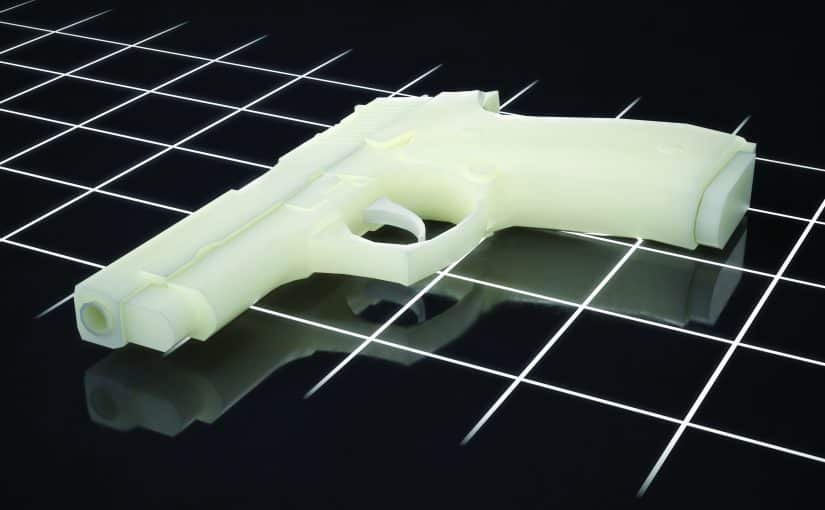
In recent years, the proliferation of “ghost guns”—untraceable firearms assembled from kits or 3D-printed components—has raised significant concerns among law enforcement and policymakers nationwide. In response, Maryland has implemented stringent regulations to address the manufacture, sale, and possession of these unregulated weapons.
Understanding Ghost Guns
Ghost guns are firearms constructed by individuals using parts purchased separately or produced through 3D printing. Unlike commercially manufactured firearms, ghost guns lack serial numbers, rendering them untraceable by law enforcement agencies. This anonymity poses challenges in criminal investigations and undermines efforts to regulate firearm distribution effectively.
Maryland’s Legislative Response
Recognizing the threat posed by untraceable firearms, Maryland enacted comprehensive legislation to curb their spread. Senate Bill 387, effective June 1, 2022, prohibits the purchase, receipt, sale, or transfer of unserialized firearms and unfinished frames or receivers. This law mandates that all firearms and unfinished components be serialized by a federally licensed manufacturer or importer in compliance with federal regulations. Violations of this statute can result in penalties of up to two years’ imprisonment and fines reaching $10,000.
The legislation also addresses the possession of ghost guns. Individuals who owned unserialized firearms prior to the law’s enactment were required to have them serialized and registered by March 1, 2023. Failure to comply with this requirement constitutes a criminal offense, subjecting violators to the aforementioned penalties.
Impact on Gun Owners and Manufacturers
Maryland’s stringent regulations have significant implications for gun owners and manufacturers. Individuals interested in building their own firearms must now ensure that all components are serialized and obtained through licensed entities. This shift aims to eliminate the loophole that previously allowed the circulation of untraceable weapons.
Manufacturers and retailers are also affected, as they must comply with serialization requirements and conduct background checks on purchasers, aligning with federal standards. These measures are designed to enhance accountability and traceability within the firearm industry.
Enforcement and Legal Challenges
Enforcing the ghost gun ban involves coordinated efforts between state and local law enforcement agencies. The Maryland State Police have been instrumental in implementing the new regulations, providing guidance to firearm dealers and the public regarding compliance.
Despite the state’s proactive stance, legal challenges have emerged. Opponents argue that the law infringes upon Second Amendment rights and imposes undue burdens on hobbyists and gunsmiths. However, Maryland’s judiciary has largely upheld the legislation, emphasizing the state’s compelling interest in preventing crime and enhancing public safety.
Comparative Perspectives
Maryland’s approach to regulating ghost guns is part of a broader national trend. Several states have enacted similar laws, aiming to close the gaps that allow untraceable firearms to proliferate. At the federal level, the Bureau of Alcohol, Tobacco, Firearms, and Explosives (ATF) has issued rules requiring serialization and background checks for firearm kits, though these regulations have faced legal challenges and are subject to ongoing litigation.
Conclusion
The legality of ghost guns in Maryland is unequivocal: the manufacture, sale, transfer, and possession of unserialized firearms are prohibited under state law. These measures reflect Maryland’s commitment to combating gun violence and ensuring that all firearms within its jurisdiction are traceable and regulated. For residents and firearm enthusiasts, adherence to these laws is essential to avoid severe legal repercussions.
For more detailed information on Maryland’s firearm regulations, you can consult the Maryland State Police’s official guidelines on untraceable firearms.
If you have been charged with a ghost gun-related offense or have questions about compliance, it is advisable to seek legal counsel experienced in Maryland’s firearm laws. At SoMD Criminal Defense, we are dedicated to providing informed and effective representation to navigate these complex legal challenges.
